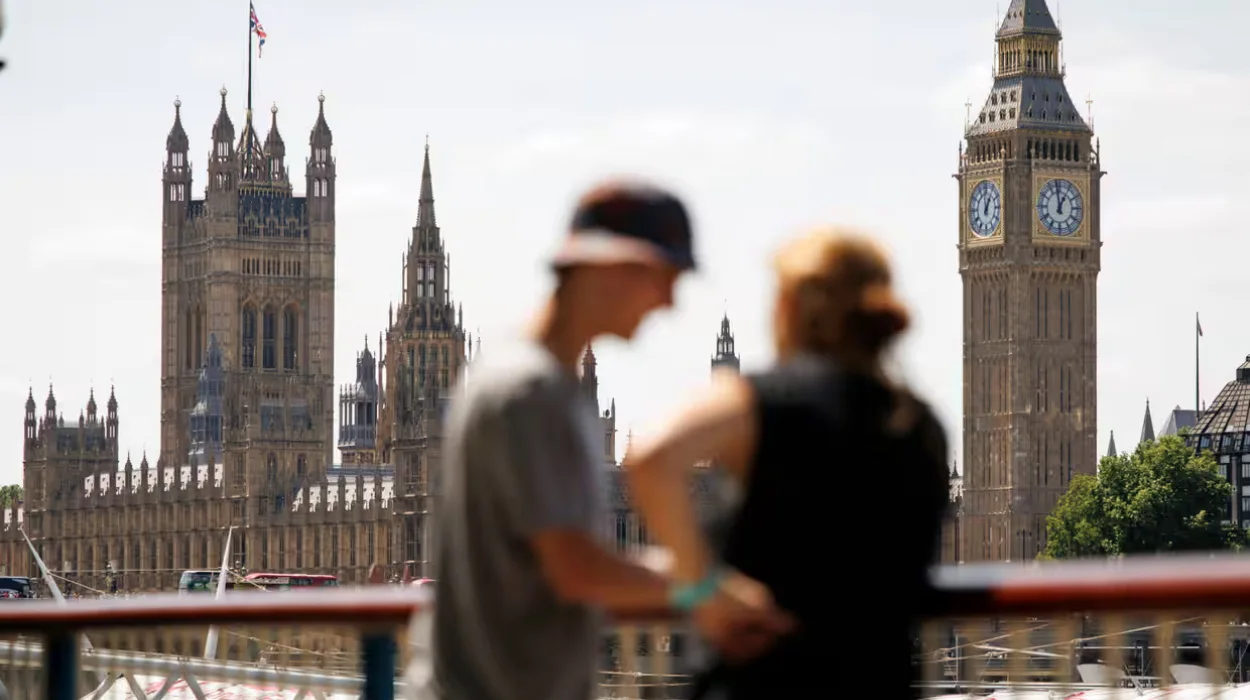UK (Parliament Politics Magazine) – Ipsa will select citizens to discuss MPs’ pay and funding, aiming for an open debate on fair compensation and restoring trust in democracy.
As reported by The Guardian, Parliament’s expenses regulator is launching a citizens’ panel made up of randomly selected individuals to hold frank discussions on MPs’ pay and public funding, as part of a broader conversation about democratic costs.
What is Ipsa doing to involve the public in MPs’ pay?
The Independent Parliamentary Standards Authority, which recently set MPs’ annual salary at £93,904 effective from April 2025, has begun issuing invitations to members of the public. The authority oversees the approval of MPs’ expense claims, which it officially categorises as business-related costs.
It was established after the 2010 MPs’ expenses scandal. The Parliament’s watchdog plans to send 10,000 invitations through a lottery system, from which 25 participants will be selected to join the forum and share their views.
The forum will consist of two full days and two evening sessions held online, with each participant receiving approximately £250 for their involvement in the discussion on MPs’ compensation and funding.
What did the public opinion poll reveal about MPs’ pay?
There is little polling data available regarding how MPs are compensated and how their expenses are funded.
In 2021, a Find Out Now survey showed that only 3% supported higher pay for MPs, compared to 62% who felt their salaries were too high.
Around 8% of those surveyed said they did not know, and 27% believed the current salary for MPs was reasonable.
What did Ipsa say about the public misunderstanding of MP pay?
According to Ipsa’s 2024 review, many people remain unclear on how decisions around MP pay are made, with some falsely claiming that MPs’ main homes are paid for by taxpayers.
The watchdog is planning to initiate a national debate about MPs’ responsibilities, operational expenses, and how to define reasonable compensation and support.
What did Richard Lloyd say about fair pay and democracy?
Richard Lloyd, the Ipsa chair, said,
“We want to support a diverse and representative parliament, where being an MP is not reserved for those wealthy enough to fund it themselves.”
He stated,
“This is why we believe MPs need to be paid fairly and to be given the appropriate level of funding to be able to run their office. We know people care about our democracy, but we also know trust in democracy remains low, while levels of abuse and intimidation towards candidates and MPs are rising.”
Mr Lloyd added,
“We want to have an honest and open conversation on what democracy is worth to you and get your views on how we should fund MPs. If you are one of the people who receive a letter inviting you to take part in the forum, we hope you’ll consider this a great opportunity to share your views.”
How did Ipsa plan to shape future MP pay decisions?
The initiative is being introduced in partnership with the New Citizen Project and the Sortition Foundation, with sessions scheduled for September.
Ipsa is also planning to reach out to the public digitally and through partner organisations in what it says is its most extensive listening campaign since 2010. The initiative will also involve input from academics, journalists, and policy experts under the theme “What’s Democracy Worth”.
Insights gathered from the public and the wider listening exercise will help guide the board’s recommendations on how MPs’ pay and funding should be determined from 2026.
UK MPs’ salaries in 2025
- Base salary: £93,904 from April 2025 (2.8% rise)
- Extra pay: £18,822 for select committee chairs; more for ministers
- How it’s set: Aligned with public sector trends by IPSA
- Public input: Citizens’ forum to guide post-2026 changes


